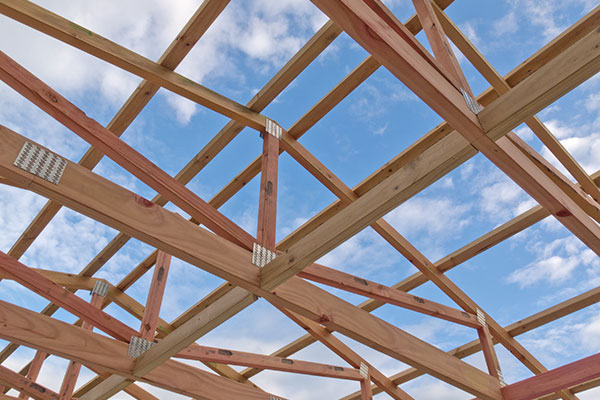ICF home cost is initially a little higher for construction. However, as far as upgrades go, this one pays for itself.
Economic benefits are included in your ICF home cost
How much you’ll save depends on a few different factors such as type of mortgage, insurance provider and square footage, but committed homeowners with reasonable energy habits typically stay within a range of 40-60%. In some cases, building an ICF home will end up being less expensive and cash flow positive compared to CMU or wood-frame homes. Learn why ICF is recognized as the most energy efficient type of construction.
Insurance
While the cost of home insurance has been increasing for houses associated with higher risk, owners of ICF homes have an opportunity to earn up to 15% savings on their annual premiums.
Additional Savings
Another benefit you’re paying for in your initial ICF home cost is durability, which means you’ll save a substantial amount on maintenance and repairs in the long run. The materials ICF is made from are non-biodegradable, so your structure won’t be susceptible to rot and deterioration.
Depending on your goals of turning your home into a green building, you may be able to talk to a mortgage broker that provides special rates for homebuyers interested in going this direction. It also doesn’t hurt to research tax incentives and rebates for participation in green programs in your state. Check out all programs by state here.
ICF home cost vs monthly savings
There are too many variables to create an “ICF home cost vs monthly savings” chart for every budget. It may be different with every home. We chose a realistic sample calculation based on a common scenario to show how much one single-family household could save versus spend.

Ready to enjoy the excellent benefits of ICF? Contact us today to choose a house plan for your new home.


